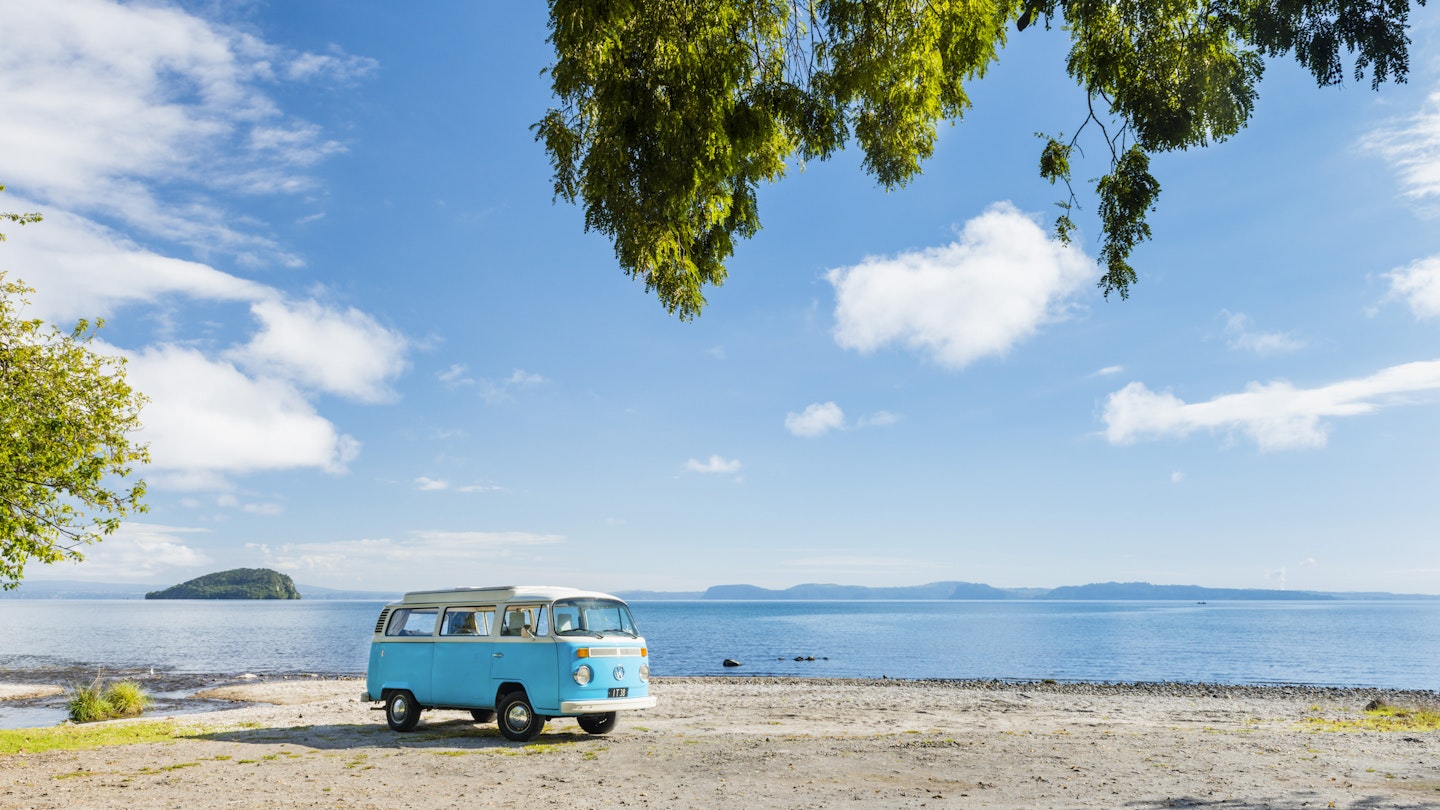Unless you’re sailing from Australia or a Pacific island, getting to New Zealand will require flying. This necessity is prompting many to reconsider their carbon footprint from air travel. Fortunately, within this stunning country, numerous methods exist to travel sustainably, allowing you to maintain a low carbon footprint while maximizing your enjoyment.
Get Around the Low-Impact Way by Hike, Bike, or Sail
One of the most eco-friendly ways to travel is to use your own energy, and New Zealand is a top destination for this. Whether it’s cycling, hiking, canoeing and kayaking, or sailing, you not only immerse yourself in NZ’s breathtaking scenery, but also enhance your physical and mental well-being. While engaging in these activities, consider tackling one of New Zealand’s Great Walks for an unforgettable experience.
Upon arrival in NZ, local tour operators offer sustainable experiences ranging from a few hours to several days, making it easy to traverse the country responsibly. For instance, you can cycle across the country on the 87km-long Twin Coast Cycle Trail in Northland.
Hire an Electric Camper Van
A popular method of exploring New Zealand is by camper van. Hiring a camper van combines accommodation and transport into one, saving time on packing and hotel logistics. Companies such as Britz now offer e-campers that feature built-in navigation to help you locate fast-charging stations. It only takes 10 to 45 minutes to recharge the e-camper battery, freeing up your time to enjoy the local scenery with a coffee break.
Select Carbon-Neutral Accommodation
YHA, New Zealand’s hostel network, set a precedent by being the first in the world to achieve certified net carbon-neutral status. By enhancing insulation, upgrading to energy-efficient appliances, and switching to renewable energy sources, they actively promote sustainability. An innovative power monitoring system helps identify energy consumption patterns within the hostels, prompting guests to adopt eco-friendly practices.
Choose Eco Behaviour and Greener Destinations
Today, the Māori principle of kaitiakitanga (guardianship) is embraced by many New Zealanders, who work collaboratively to achieve green initiatives. Examples include the removal of invasive tree species to support native wildlife and adopting renewable energy solutions. Additionally, some lesser-known NZ destinations aim to be ‘green’ from the ground up. For example, Great Barrier Island (Aotea), accessible by ferry from Auckland, gained recognition as the world’s first Dark Sky Sanctuary in 2017, attracting stargazers from around the globe. Operators on the island are pioneering environmentally friendly practices, such as using recyclable glass bottles at Aotea Brewing.
Opt for Campsites Over Freedom Camping
Freedom camping, or camping wherever you wish, appeals to budget travelers; however, it has led to environmental challenges in New Zealand. Restrictions mean camping is not as free as it seems. Unless you’re using a self-contained camper van equipped with a shower and toilet, you need permission to camp on private land. Many areas prohibit overnight stays entirely, with fines for non-compliance. Opting for a campsite run by the Department of Conservation (DOC) typically costs around $15 a night, offering better amenities and responsible waste disposal.
Do as the Kiwis Do
In New Zealand, avoiding plastic bags during shopping is now standard practice. Many accommodations provide refillable glass bottles, while takeout containers are often eco-friendly. Consequently, it’s encouraged to sit and relax over a cup of coffee with the locals instead of rushing. Enjoying the authentic café culture contributes to a positive travel experience.
Offset Your Own Carbon Emissions
For travelers seeking to go the extra mile, several options exist to calculate and offset your carbon emissions incurred while visiting NZ. Some initiatives focus on local tree planting activities including the ambitious one billion trees program targeted for completion by 2028. Other organizations like Gold Standard promote renewable energy projects in developing countries. However, the effectiveness of some offsetting schemes is debated. Research independently before contributing to ensure your efforts are truly impactful.





